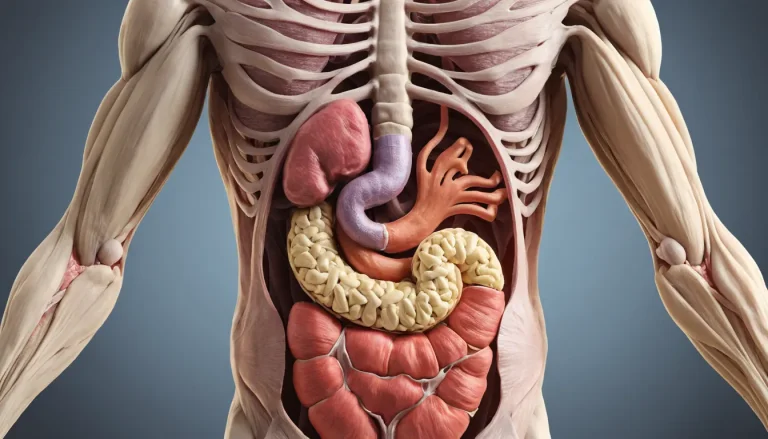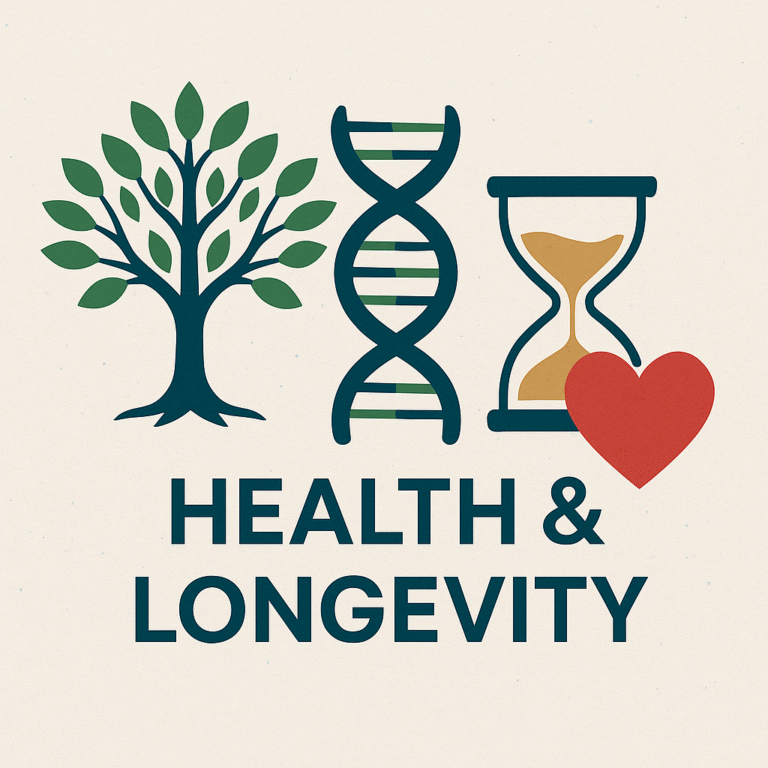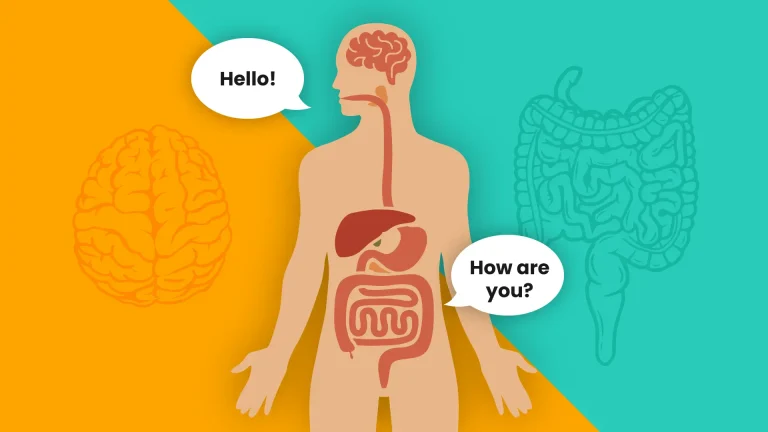Did you know that your gut is home to trillions of microorganisms working tirelessly to support your health? Known as the gut microbiome, this vast ecosystem plays a crucial role in digestion, immune function, mood regulation, and more. When the microbiome is balanced, it promotes overall well-being. But when it’s out of balance—a condition known as dysbiosis—it can lead to a wide range of health concerns.
In this article, we’ll explore the gut microbiome, its vital functions, how imbalances can occur, and practical steps to restore harmony. Plus, we’ll uncover the surprising connection between your gut and the production of serotonin, the “feel-good” chemical.
What Is the Gut Microbiome?
The gut microbiome is a diverse community of bacteria, fungi, viruses, and other microbes living in your digestive tract. While some microorganisms can be harmful, many are beneficial and essential for your health.
Why Is the Gut Microbiome Important?
Your gut microbiome isn’t just about digestion—it’s the foundation for many bodily functions. Here’s what it does:
- Supports Digestion: Helps break down complex foods, extracting more nutrients and energy.
- Boosts Immunity: Around 70% of your immune system is housed in your gut, where microbes help train your body to respond appropriately to threats.
- Produces Vitamins: Certain strains make vitamin K and B vitamins like B12 and folate.
- Maintains Gut Barrier Integrity: A balanced microbiome strengthens the gut lining, protecting against “leaky gut.”
- Regulates Inflammation: Microbial byproducts, like short-chain fatty acids (SCFAs), help control inflammation.
The Gut-Brain Connection: Serotonin’s Role
You may associate serotonin with happiness, but did you know that 90-95% of your body’s serotonin is produced in your gut, not your brain? This neurotransmitter supports digestion, intestinal motility, and blood flow in the gut.
How Does the Gut Produce Serotonin?
- Enterochromaffin (EC) Cells: These specialized cells in your gut lining produce serotonin.
- Microbial Influence: Beneficial bacteria regulate the enzymes involved in serotonin synthesis, highlighting the gut microbiome’s influence on your nervous system.
Gut Serotonin vs. Brain Serotonin
Serotonin produced in the gut doesn’t cross the blood-brain barrier, meaning it primarily supports local digestive functions rather than mood. However, a healthy microbiome can indirectly affect brain serotonin levels by reducing inflammation and producing precursors like tryptophan.
What Disrupts the Gut Microbiome?
While the gut microbiome is resilient, certain factors can disrupt its balance, leading to dysbiosis:
- Dietary Habits:
- A diet rich in fiber and whole foods nourishes beneficial bacteria.
- Diets high in processed foods and sugars promote harmful microbes.
- Medications:
- Antibiotics kill both harmful and helpful bacteria, reducing diversity.
- Acid reducers and NSAIDs can alter gut pH and damage the gut lining.
- Stress and Sleep:
- Chronic stress releases cortisol, which can negatively impact microbial composition.
- Poor sleep disrupts the gut’s circadian rhythms.
- Environmental Factors:
- Toxins, pollutants, and even pesticides can harm gut flora and weaken the intestinal barrier.
- Birth and Early Life:
- Infants born vaginally develop more diverse microbiomes than those born via C-section.
- Early antibiotic use can have long-term effects on gut health.
Signs of an Imbalanced Gut (Dysbiosis)
When your gut microbiome is out of balance, you may experience:
- Gas, bloating, or diarrhea.
- Fatigue or “brain fog.”
- Frequent infections or reduced immunity.
- Food sensitivities or sugar cravings.
- Mood changes, including anxiety or depression.
If these symptoms sound familiar, it’s time to focus on restoring your gut health.
How to Restore Gut Balance
Healing your gut requires a multi-step approach tailored to your unique needs. Here’s where to start:
- Revamp Your Diet
- Focus on fiber-rich foods like fruits, vegetables, whole grains, and legumes.
- Incorporate fermented foods such as yogurt, kefir, and kimchi for natural probiotics.
- Avoid processed foods, artificial sweeteners, and excess sugar.
- Add Probiotics and Prebiotics
- Probiotics replenish beneficial bacteria. Look for strains like Lactobacillus and Bifidobacterium.
- Prebiotics (like inulin or resistant starch) feed healthy microbes.
- Manage Stress
- Practice meditation, yoga, or deep breathing exercises to reduce cortisol levels.
- Prioritize Sleep
- Aim for 7–9 hours per night to support microbial balance and immune health.
- Consider Functional Testing
- A comprehensive stool analysis can reveal microbial diversity, inflammation markers, and gut barrier health.
- Testing for food sensitivities can help identify dietary triggers.
- Targeted Supplementation
- Glutamine: Repairs the gut lining.
- Omega-3s: Reduce inflammation.
- Digestive Enzymes: Support nutrient absorption if gut function is impaired.
Take Action Today
Your gut microbiome is at the heart of your health. By nurturing it through diet, lifestyle changes, and targeted interventions, you can improve digestion, immunity, and overall well-being. If you’re struggling with gut-related symptoms, our clinic can help uncover the root causes and create a personalized plan for lasting results.
Schedule Your Gut Health Assessment Today
Key Takeaways
- Your gut microbiome is vital for digestion, immunity, and more.
- Most serotonin is produced in the gut, but it primarily supports digestion, not mood.
- Dysbiosis, or gut imbalance, can cause fatigue, digestive issues, and even mood changes.
- Restoring gut health involves diet, probiotics, stress management, and functional testing.







